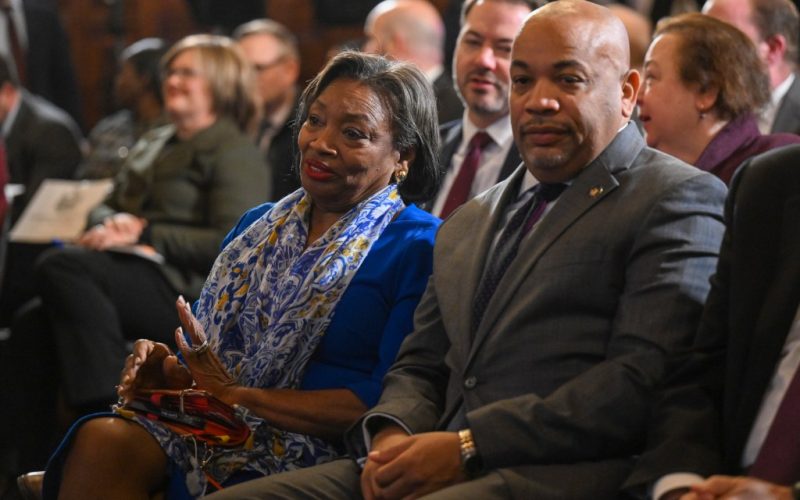In a Christmas Eve ambush, the two leaders of the Legislature, Senate Majority Leader Andrea Stewart-Cousins and Assembly Speaker Carl Heastie, outrageously used their seats on the mysterious MTA Capital Program Review Board to stop the transit agency’s spending plan for the next five years that was due to start next Wednesday.
This makes abolishing the CPRB even more pertinent, as we said during the last go around, five years ago, “Granting the governor and the two legislative leaders vetoes of the MTA capital plan through the super-powerful and secretive Capital Program Review Board has been the bad way of business since 1981, with the first five-year MTA capital outlay of $7.2 billion.”
The investments and projects envisioned for 2025-2029 sidetracked by Stewart-Cousins and Heastie total $68.4 billion. Although the spending for subways, buses and commuter rail has all been identified by the MTA, stemming from the legally-required 20-Year Needs Assessment published last year, fully half the sources of the funds, $33 billon, has not been locked in. That makes it more hole than plan, but such is the standard pattern. So why did Stewart-Cousins and Heastie object, and at the last possible moment?
CPRB has four voting members appointed by the governor: one recommended by the Senate leader, the speaker, the mayor and the governor. There are also non-voting members recommended by the minority leaders of each legislative house. To make the opaque review board — which doesn’t even have a website — a bit more transparent, we had supported the idea that the recommenders each have themselves appointed. Stewart-Cousins and Heastie and Mayor Adams did just that. For her own seat, Hochul tapped a top aide.
So it’s better that Stewart-Cousins and Heastie are owning up to their vetoes, but it doesn’t make it right.
State law requires that the MTA Board approve the five-year capital plan by Oct. 1 of every fifth year. That the MTA did, on Sept. 25. The law also says that CPRB members have 90 days to file objections in writing, otherwise the capital plan is considered approved. Adams raised no objections and Hochul publicly endorsed the plan on Nov. 14. As for Stewart-Cousins and Heastie, there was only quiet, no questions to the MTA, no feedback, no concerns or even any communications.
Then at the end of 90 days, came their joint letter. The statute says that vetoes must have a “written explanation of such disapproval including specific aspects of the plan that are of concern and what steps could be taken to address such concerns within such period.”
To abide by that requirement, the Stewart-Cousins/Heastie letter says: “The proposed program currently faces a significant funding deficit, generally recognized to be at least $33 billion of the $65 billion proposed total subject to CPRB approval, which is a specific concern that needs to be addressed before we can approve the program.”
That’s not very specific, such as a particular spending item, like expansion projects or rolling stock or signals or installing elevators or even which identified funding sources need more examination. They are being very clear that they want to fold the capital plan into the overall state budget talks, where too much already happens. However, the governor has a very strong hand during budgeting and an even stronger hand should April 1 arrive without an enacted state budget.








